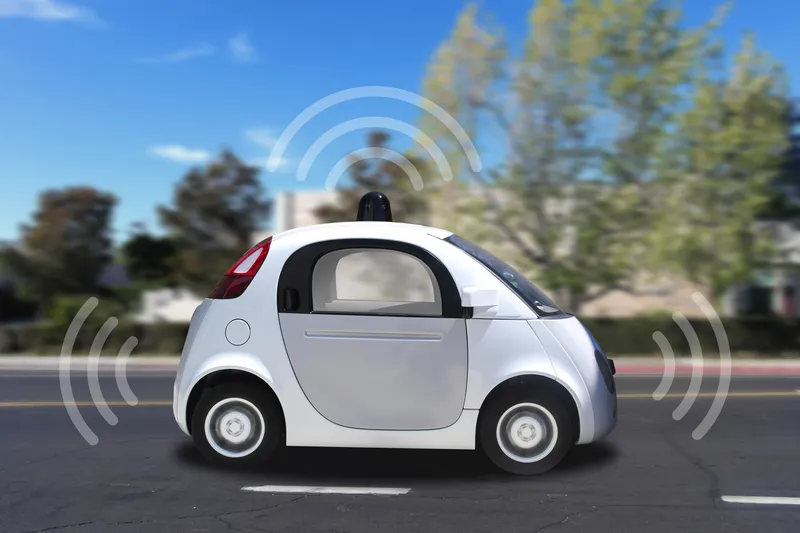
Speaking at 'Westminster Energy, Environment & Transport Forum policy conference Intelligent and autonomous transport in the UK – next steps for innovation, infrastructure and regulation', Williams expressed concerns on “the messages being sent to people on the roads”.
“If you're telling them that level 3 is autonomous; they will do things that they shouldn't and they won't be ready to take back control,” he added.
Williams also emphasised the need to understand the technology better because “pricing will focus more on the vehicle than the individual”.
“If you've got a safer vehicle, we want to offer you a lower price, but all these things are currently fitted as optional extras,” he continued. “When you go onto a price comparison website, we don’t know what's fitted to your vehicle so we need to understand this so we can reward the customer appropriately.”
“Secondly, over the air updates may mean that the vehicle you drive off the forecourt may not have the capability of the vehicle you have in a year's time, so we need to understand that as well,” he concluded.









